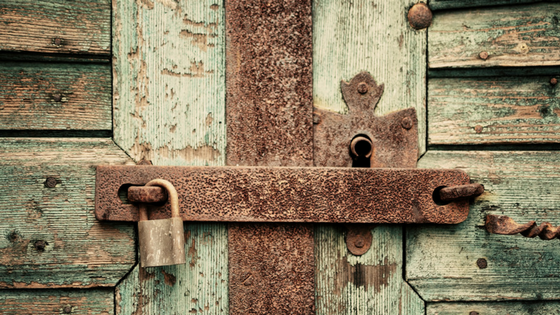Nobody says as they’re dying, “I’m so happy I lived a self-protected life.”
Instead they say things like, I wish I would have let myself be happier, expressed my feelings more, and lived true to myself instead of what others expected.
Early programing teaches us what not to accept about ourselves. Strengths, desires, feelings and passions that are not seen or nurtured we quickly deem as unwanted. We shove them into a closet, throw on the padlock, and create a strategy that will gain us the love and acceptance we need. We then grow up and take that strategy with us. Our colleagues, friends and even families see what we want them to see, or we keep them at a distance so they won’t see much of us at all.
At some point we start to hear a knock at the door. The stuff we shoved in the closet wants out and it tends to use our body to get our attention. We might feel a yearning, an increasing anxiety, or the kind of fatigue that comes from not doing something we really want to do. The symptoms tell us it’s time to go inward and ask ourselves the ever pressing question. Who would I be, or what would I be doing, if I wasn’t living a self-protected life?

